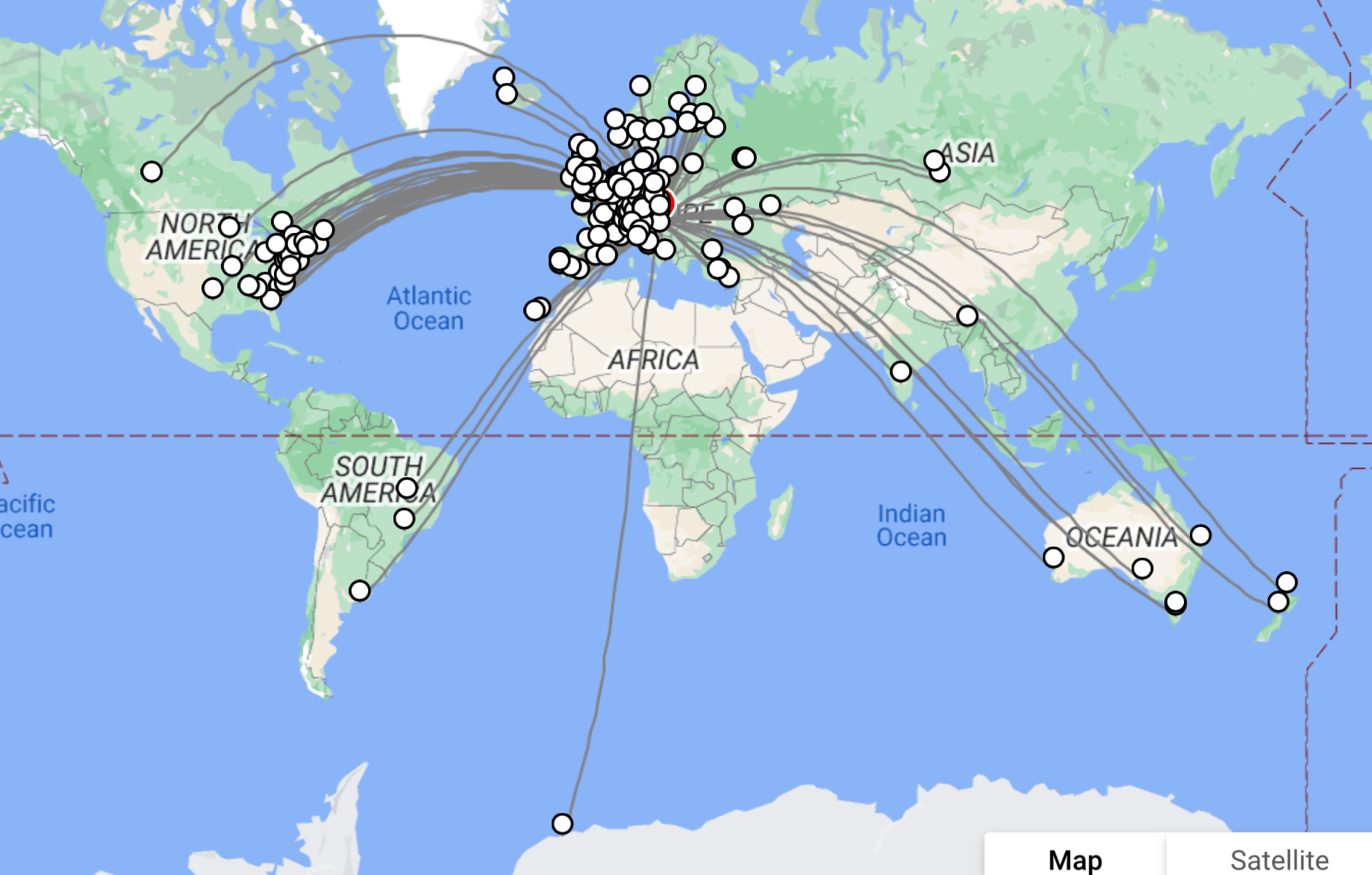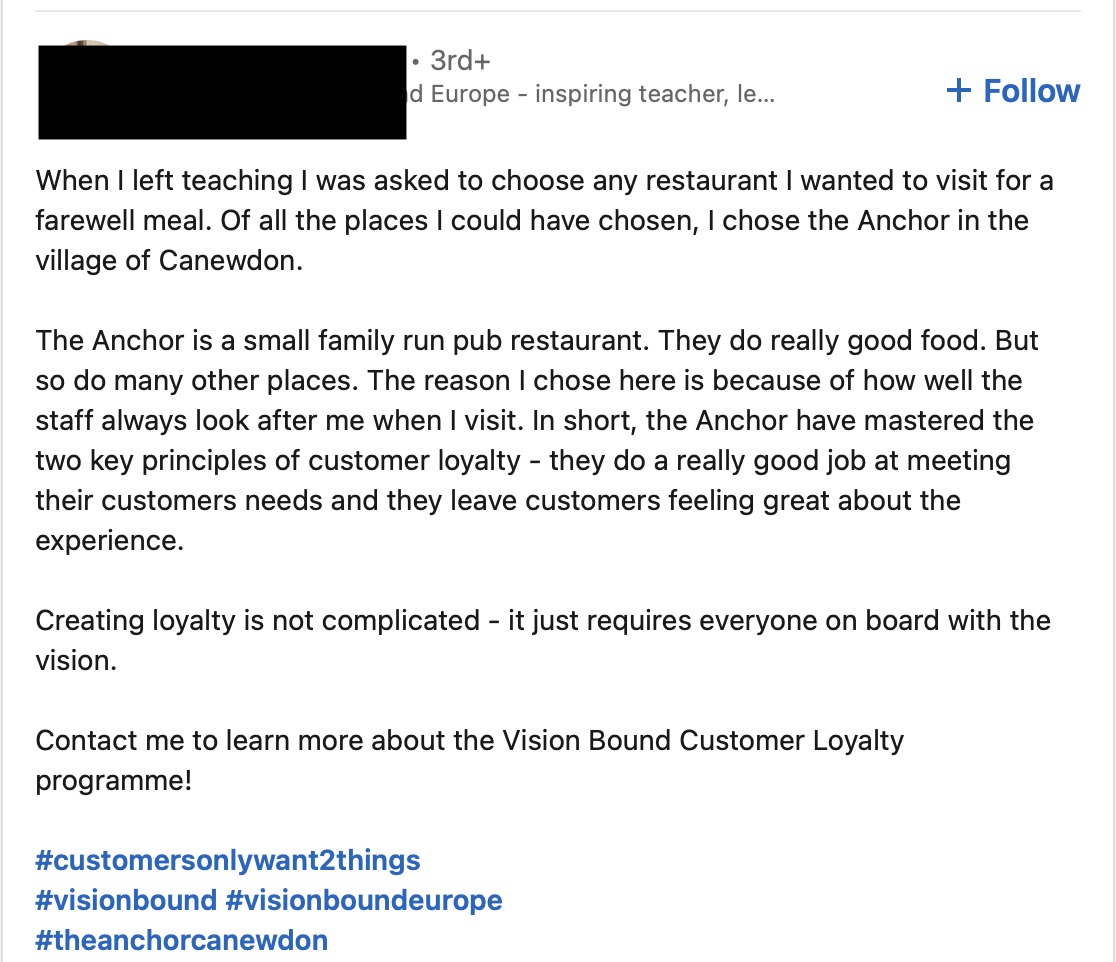The only place I've read about in an SF book where I'd really like to live is the world of Neal Stephen's Anathem, and that's mostly because they keep all the nerds in big nerd communities where they nerd away without being hassled by the outside world.
mpk
I’d like to talk to this person and study their brain
It may need to be removed for the purpose, but they'll be fine because you can just ask an LLM how to put it back again when you're done.
"come closer, my child, I must feel your bumps and measure your cranium"
Mosquito nets are still an effective intervention against malaria, not least as "there's a vaccine" is a very, very long way from "everyone is vaccinated" especially as really useful interventions such as draining marshland where A. falciparum breeds or attempting to eradicate it with insecticide are substantially harder and, also, take time. Given that half of all deaths from malaria are in children under 5 and that the malaria parasite is not transmitted between humans but from mosquitos to humans the herd immunity effect doesn't really exist if people are still getting bitten. (FWIW, my dad literally wrote a book called "Malaria")
EAs are wrong about a lot of stuff but they're not wrong about malaria eradication being about more than vaccines.
In the very late 90s - so only a year or two after the Good Friday Agreement - he gave a talk in Dublin. The only part I remember was when he went off on his tangent about access to guns being an essential component of a free society and then stood there wondering why he was suddenly being heckled.
I was a member of the ARRL for a year just to get QST, and found that so much of the American outlook on amateur radio is so different to that here in Europe with allthe stuff about patriotism (what? no.) and prepping and massive amplifiers and driving your pickup truck to the park (here in Austria we do SOTA, not POTA :) ) that it held no real interest for me. The tech reviews were great, though.
He’s on the hunt for that one special female who’s really, really into Ferengi.
That's just weird. I love voids. I've already given notice that our next two cats (not for a while yet, as the current two are going strong and showing no signs of keeling over) will be a void and an orange one.
Dear Mr Anus, it's not anti-AI, it's anti-bullshit and anti-shyster.
Very strong "University rag committee who spend half their time telling you how completely mad!!!!!! they all are and the other half telling you solemnly how important the work they're doing is" vibes here.
You forgot to mention that Mom and Pop also benefit from their fleet being linked exclusively to the Robocharge(tm) charging network, which provides reliable charging 24/7 for a simple convenience fee of 25% on top of the local power company's grid rate.




He also states: "If a hoard (sic) of barbarians attacks the debate hall, the truly prudent and flexible agent will abandon reasonableness."
Wrong. If a horde of barbarians descends on the lecture theatre, the professor will be delighted to see so many people taking in an interest in, say, recent developments in differential calculus.